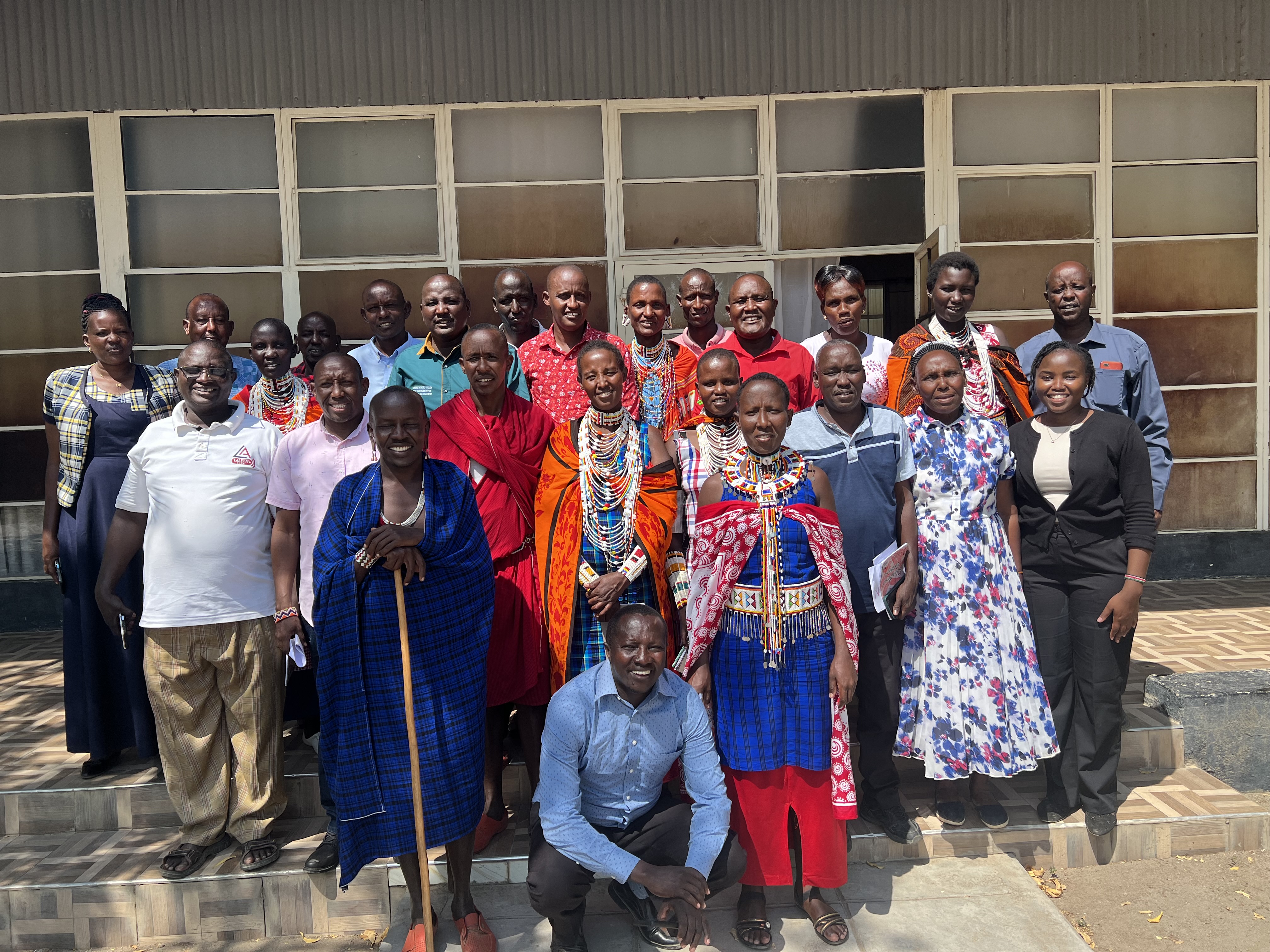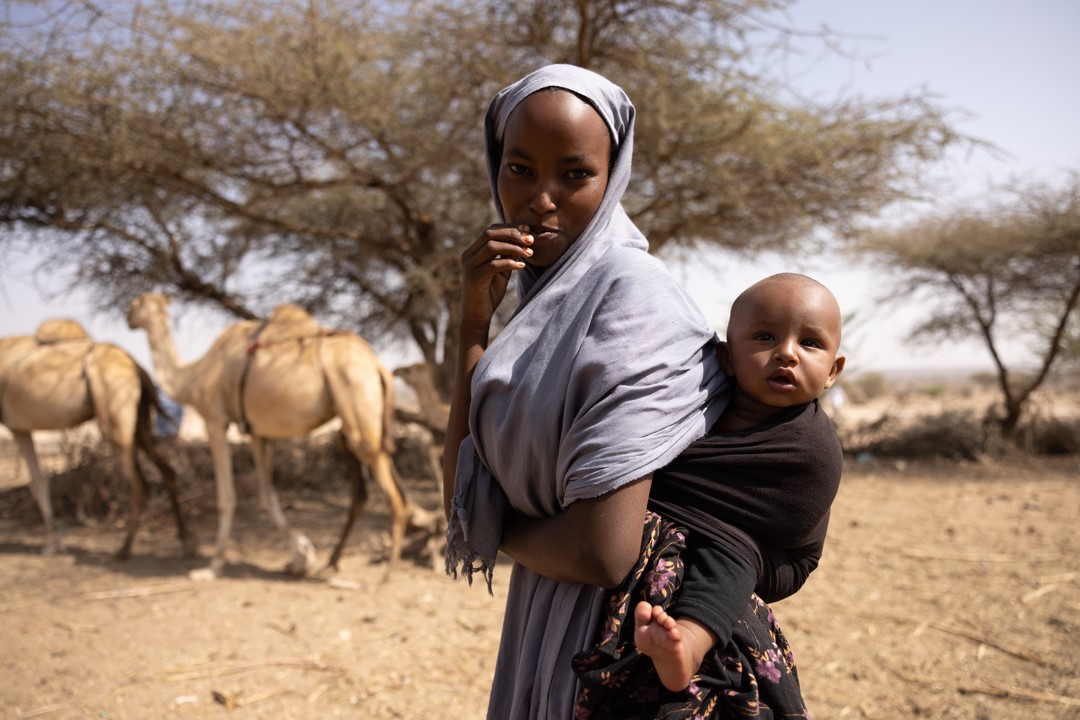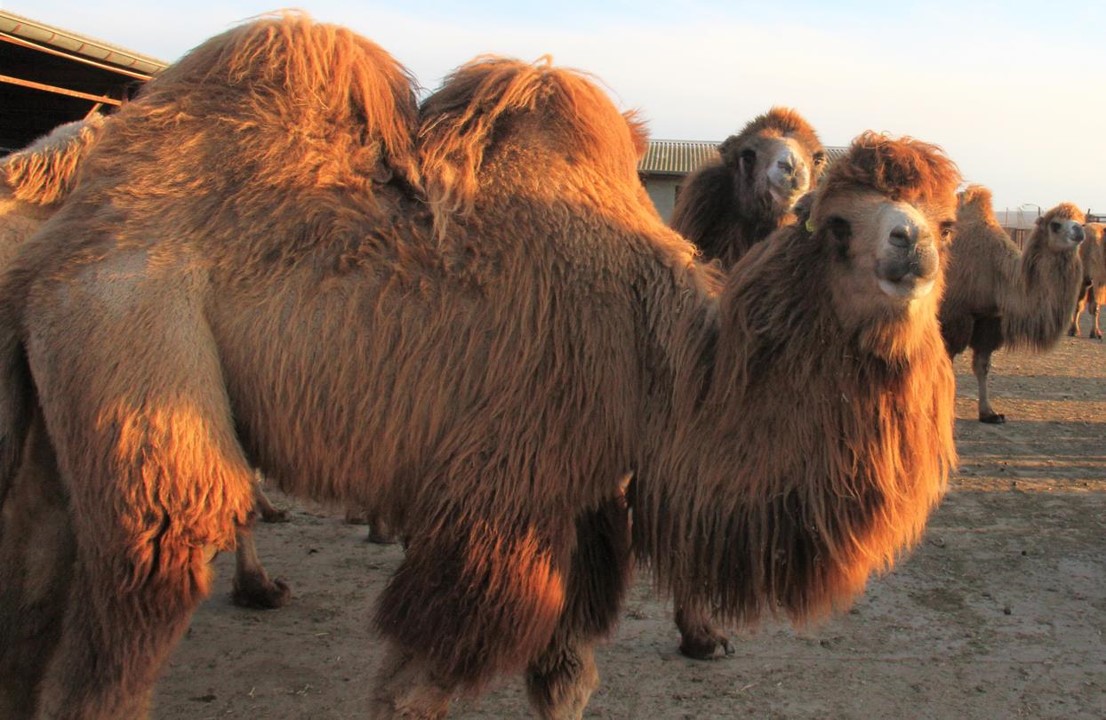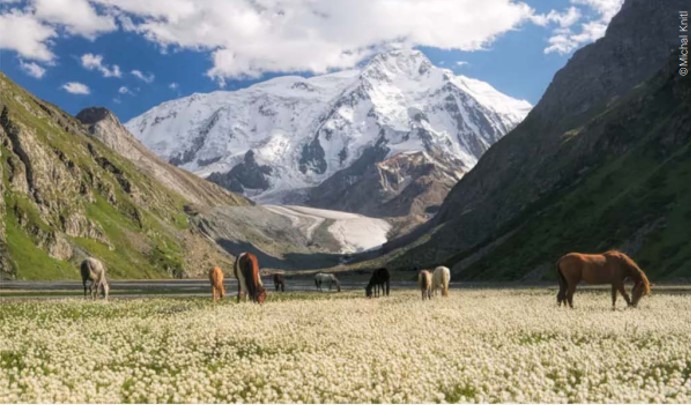The AniTerrAE project (Animals in Territories for Agroecology: Contribution of...
牧民在世界上最严酷的环境下生产食物,并且畜牧业生产支持了在世界近半数土地上生活的农村人口。他们历来不被理解、被边缘化并被排除在对话之外。
牧民知识中心是一项倡议,将牧民们召集起来和主要成员一道协同配合,参与对话以及牧民发展。
视频
Partners, policies and pastoralism: Bringing pastoral voices to the global stage
From: FAO
Millions of pastoralists worldwide provide food and important environmental benefits, yet they have little say in policies that affect them [Watch more videos]
重要事实
-

全世界约有10亿只动物被牧民放牧饲养。 这些动物种类包括绵羊,山羊,牛,骆驼,牦牛,马和驯鹿。 -

在萨赫勒地区,当地市场销售的65%的肉类和70%的牛奶来自牧场体系。 -

这些地区的特点是干旱,高地,湿地以及灌木丛区域,粮食生产极为困难,因此,以畜牧养殖为生的牧民是保证这些地区粮食安全的关键。 -

牧民通过提高土壤肥力,保护生物多样性,监管火灾和推进养分循环的方式来促进牧场健康。 -

在以社区为主的基础上,牧民遵循一系列保持土壤健康的传统习作,共同管理牧场。 -

牧民采用各种灵活机动的管理策略来适应不同的气候变化。
-

畜牧业不仅仅是牧民的一种生计,也是一种密切遵循相关自然环境的文化体系。 牧民们充分了解当地以及土著生活的情况。 -

牧民的主妇在牧民家庭中发挥着不同的作用,不仅负责家庭生活,照顾牲畜和土地,有时甚至也管理家庭财政。














































